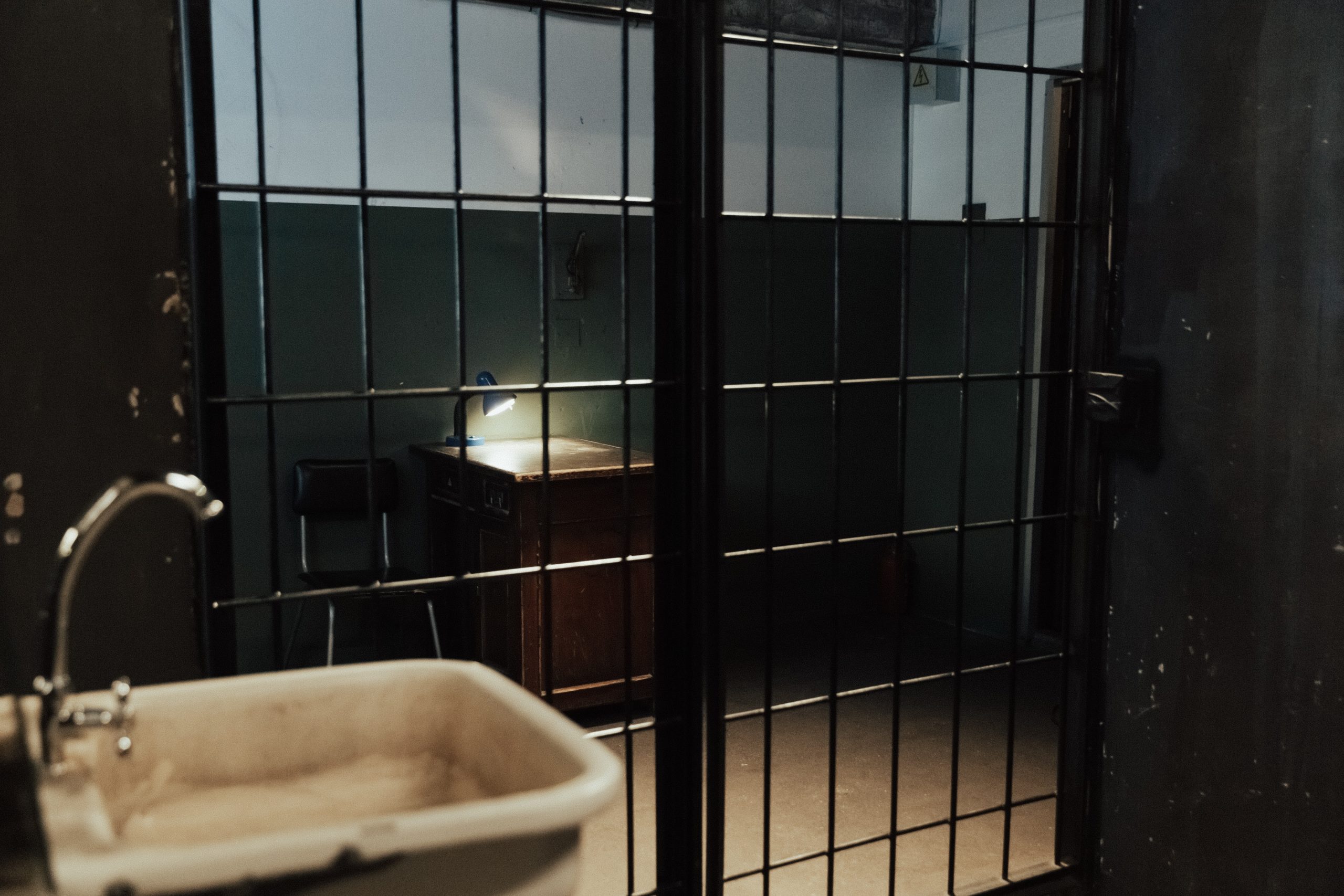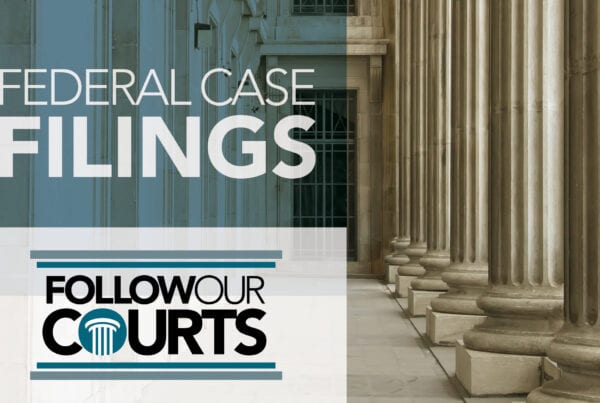A homicide defendant for an alleged drive-by shooting will have a hearing to argue that the Riverside District Attorney’s Office discriminated against him when it decided to bring the death penalty.
Michael Mosby III was charged with the drive-by shooting of Darryl King-Divens, a bicyclist on Riverside’s Hemlock Avenue, at 2:30 p.m., April 8, 2014.
Mosby was convicted of attempting to kill Leon Merritt on April 1, 2014, shooting Pedro Rodriguez on April 17, 2014, at 11:30 p.m. and fatally shooting William Quezada in Moreno Valley on April 23, 2014, according to a Jan. 25 appellate ruling involving his case.
Mosby has claimed the District Attorney’s decision to seek








